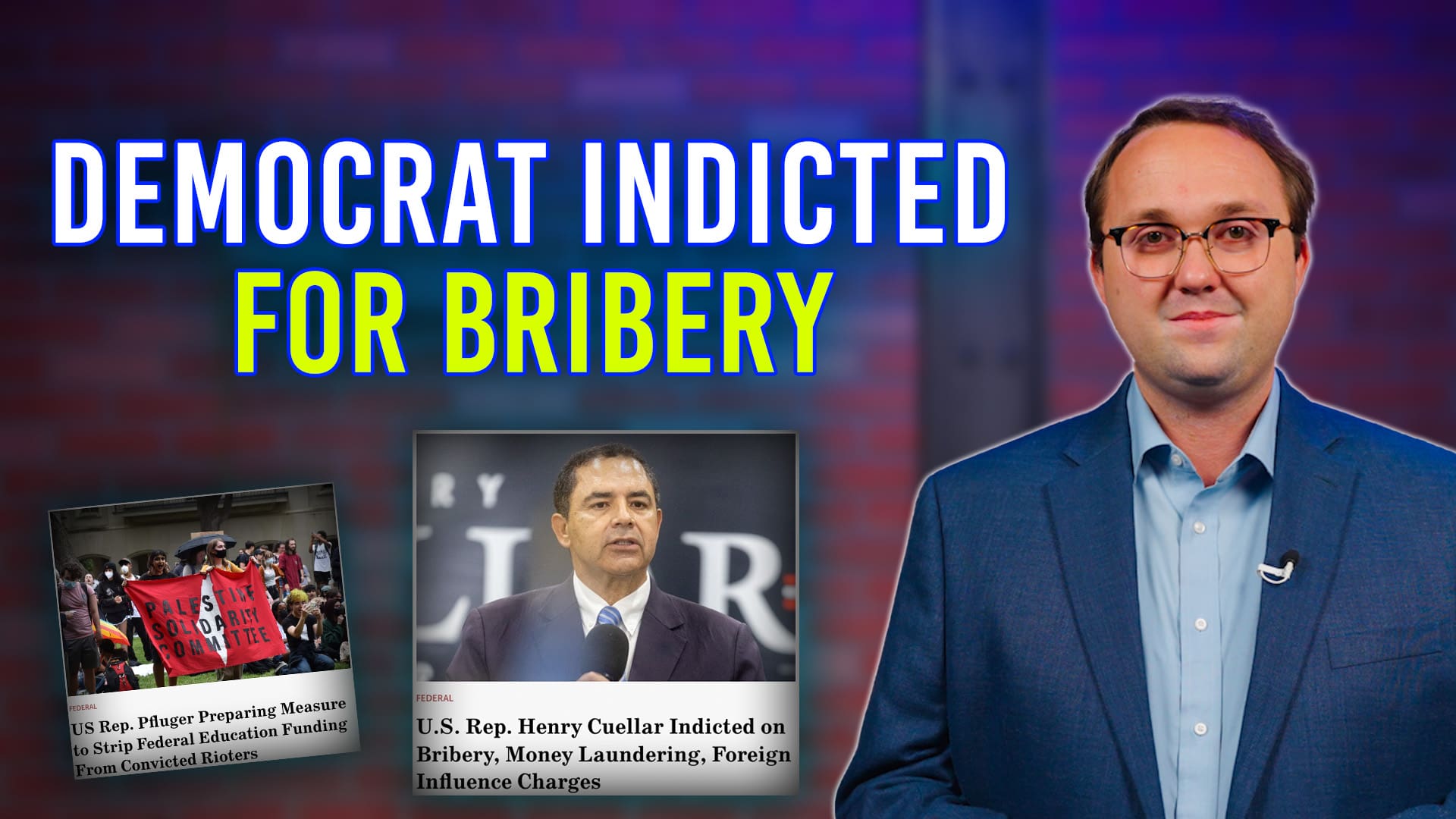Known as Initiative 77, and approved by a margin of 55 to 44 percent, the increase is part of a broader national campaign also targeting New York and Michigan. With the changes, businesses would be mandated to raise the minimum for tipped workers from $3.33 to $15 an hour.
The New York-based advocacy group pushing the change argued that servers, bartenders, bellhops, and others should not be forced to rely on tips. But some city officials and leaders in the business community, along with the restaurant industry workers themselves, were fiercely opposed, claiming it would drive up labor costs resulting in lost jobs, reduced hours, and even forced closures.
The Restaurant Association of Metro Washington released a statement saying “The issue of how people are to be fairly paid in the hospitality industry is a complicated one, not easily explained by campaign signs, slogans, and buttons.”
A local restaurant owner described the move as “singularly the dumbest, most ill-thought-out concept that has ever happened to the hospitality industry. Period. End of discussion.”
Not more than a month after the proposition passed, a majority of the D.C. City Council introduced a bill that would overturn Initiative 77. The move outraged liberal activists, who claim that the members supporting repeal — all of them Democrats — were ignoring their constituents, some going so far as to call the effort “flat-out voter suppression.”
Now, those who feel jilted by the repeal move are threatening political consequences.
The controversial move comes at a time when battles over wage-related laws are being fought in several states. Last month, the Michigan legislature voted to repeal the state’s wage mandate requiring contractors to pay union wages and benefits on state-funded construction projects.
A minimum wage hike to $15 in New York has forced several businesses to shut their doors, with an end-of-year deadline that promises to close more businesses.
Minimum wage hikes were the subject of a recent Harvard Business School study regarding their impact on firm exits, or businesses closing/relocating. In its examination of San Francisco, which, along with Seattle, was one of the first cities to institute a $15 wage floor, researchers found that a $1 increase in the minimum wage increased the likelihood of a 3.5-star restaurant closing by 14 percent.
Some other recognized negative effects of the minimum wage that have been and are being observed include reductions or elimination of training for unskilled labor and the number of workers employed restricted to 50 to avoid the additional cost of a group health-care package.
Also, tips have a cost of living increase built in, and servers now have less of an incentive to perform high quality work knowing they won’t be rewarded for going above and beyond. Higher minimum wages tend to price low-skilled workers out of the labor force, preventing them from building skills necessary to negotiate future better paying jobs.
As evidence mounts across the country, illustrating the destructive effects of minimum wage laws, Texans would do well to take notice. Even in red Texas, Republican lawmakers have joined Democrats pushing such measures.
Last session, State Rep. Hugh Shine (R–Belton) sought to “fast-track” a proposed constitutional amendment to raise the Texas minimum wage by 50 percent, in complete contradiction of the conservative grassroots. The Republican Party of Texas Platform, in fact, calls for the complete abolition of the minimum wage.
Signs point to efforts on behalf of raising the minimum wage being imported to Texas. With the failed minimum wage still popular in parts of the country, yet roundly rejected by economists, experts, business owners, and even the workers themselves, the only question remaining is why such failed experiments in wage mandates persist.




